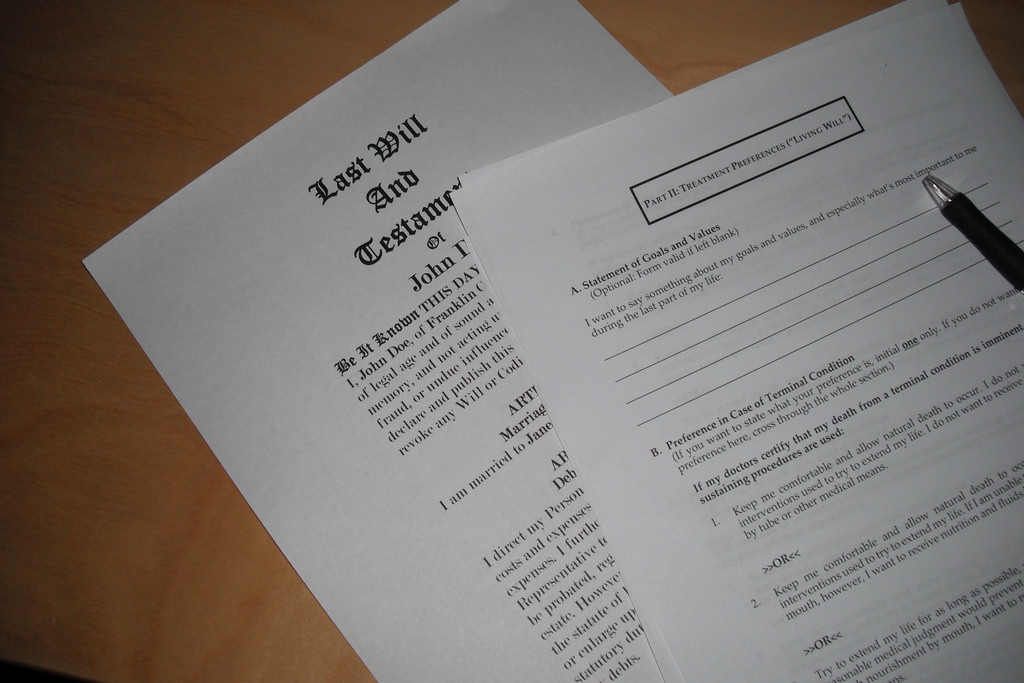A will caveat is a special proceeding in which parties can challenge the validity of a document purporting to be the last will and testament of the decedent. The question to be answered is whether the purported will is valid. As a result, admissible evidence and potential remedies are limited to a determination of that question. Initiating Steps A caveat proceeding is initiated when an individual (the “decedent”) dies, leaving behind a document purporting to be his or her will. The purported will is submitted to the clerk of court to be probated. Any interested party – any party with a pecuniary or beneficiary interest in the decedent’s…
-
-
Testamentary Capacity and Undue Influence
In 2015 and 2016, media magnate Sumner Redstone amended his trust, which was challenged by former companion Manuela Herzer. A California court recently ruled that Mr. Redstone possessed the required mental capacity to amend his estate plan. In North Carolina, whether an individual is a billionaire business mogul or anyone else, the requirements for testamentary capacity, or the required mental capacity to create a will or a trust, is the same. Testamentary Capacity To have testamentary capacity a person must be “of sound mind, and 18 years of age or over[.]” In practice, this means that the person creating the will, otherwise known as the testator, must be able to…
-
Six Ways to Challenge a Will’s Validity
Wills must meet several basic requirements to be valid and enforceable under state law. If any of the below factors are at work, then a will’s validity may be challenged. (1) Undue Influence Undue influence exists when a person uses coercion to influence the testator (the person creating a will) into executing a will that does not accurately reflect the testator’s true wishes. There are several red flags to keep in mind if you are suspicious a loved one’s will is the product of undue influence. Unusual dispositions of property, sickness and vulnerability of the testator to undue influence,…


